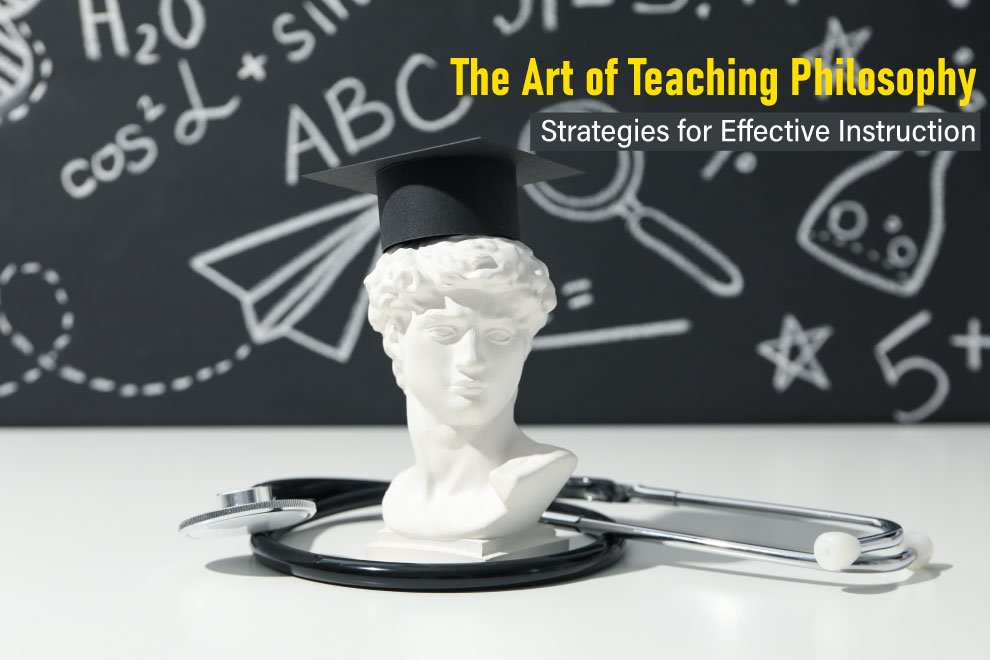In the dynamic landscape of the digital age, marketing is undergoing a profound transformation, driven by technological advances and shifts in consumer behavior. To effectively reach and engage target audiences, businesses must anticipate and adapt to these changes. Let’s embark on a journey to explore the evolving trends shaping the future of digital marketing.
Video Content Dominance:
Video content continues to be a driving force in the future of digital marketing, reigning supreme in captivating audiences. With the surge of short-form videos on platforms like TikTok and Instagram Reels, businesses are innovatively seizing opportunities to capture audience attention. Video marketing not only enriches storytelling but also offers a dynamic and engaging medium to connect with consumers in visually compelling ways.
Interactive Content Engagement:
Marketers are increasingly turning to interactive content to create immersive experiences for audiences. Polls, quizzes, augmented reality (AR), and virtual reality (VR) are gaining popularity as tools to actively engage consumers. Beyond capturing attention, interactive content allows for personalized and memorable interactions, fostering a deeper connection between brands and their audiences.
Conversational Marketing with Chatbots:
The future of marketing leans towards a more personalized and conversational approach, with chatbots leading the way. Powered by Artificial Intelligence (AI), chatbots facilitate real-time interactions, offer instant customer support, and guide users through the buyer’s journey. Evolving chatbot technology enables businesses to enhance customer experiences by delivering personalized content and recommendations.
Social Commerce Integration:
Social media platforms are evolving into comprehensive marketplaces, not just spaces for socializing. Social commerce, the integration of shopping features into social media channels, is on the rise. Platforms like Instagram and Facebook now allow users to discover, research, and purchase products without leaving the app, aligning with the evolving consumer preference for convenience and immediacy.
Voice Search Optimization:
Optimizing for voice search is emerging as a critical aspect of digital marketing strategy as voice-activated devices become ubiquitous. Consumers increasingly use voice commands to search for information and make purchases. Marketers need to adapt their content to be more conversational, catering to the natural language queries made through voice-activated assistants like Siri, Alexa, and Google Assistant.
Personalization and Data Privacy:
Balancing personalization with data privacy concerns is a challenge as consumers expect personalized experiences. The future of marketing involves leveraging data to understand consumer preferences while respecting privacy regulations. Finding the right balance requires employing advanced analytics and machine learning to deliver personalized content without compromising user privacy.
Sustainability and Purpose-Driven Marketing:
Consumers are becoming more conscious of sustainability, prompting businesses to integrate purpose-driven marketing into their strategies. Aligning with social and environmental causes is crucial, as consumers are more likely to support brands committed to making a positive impact. Authenticity and transparency in conveying a brand’s values are key to building trust with socially conscious consumers.
Artificial Intelligence and Predictive Analytics:
Artificial Intelligence (AI) and predictive analytics play a pivotal role in shaping the future of marketing by providing valuable insights into consumer behavior. AI algorithms analyze vast amounts of data to predict trends, personalize recommendations, and optimize marketing campaigns. Marketers leveraging AI can make data-driven decisions that enhance targeting precision and overall campaign effectiveness.
The future of marketing is dynamic, shaped by technological advancements and evolving consumer expectations.
Enrolling in a digital marketing course provides a structured and comprehensive understanding of the key trends reshaping the digital marketing landscape. These courses equip individuals with the knowledge and skills to navigate evolving trends such as video content dominance, interactive engagement, and social commerce integration. By staying abreast of these trends through specialized training, individuals can strategically apply the latest techniques, ensuring they remain at the forefront of the dynamic and ever-changing field of digital marketing.
Staying ahead in this ever-changing landscape requires marketers to embrace innovation, adapt to emerging trends, and prioritize customer experiences. As we journey into the future, the fusion of creativity, technology, and a deep understanding of consumer behavior will be the guiding principles for successful digital marketing strategies.
ALSO READ: Types of Digital Marketing and How They Can Help Your Business Grow










